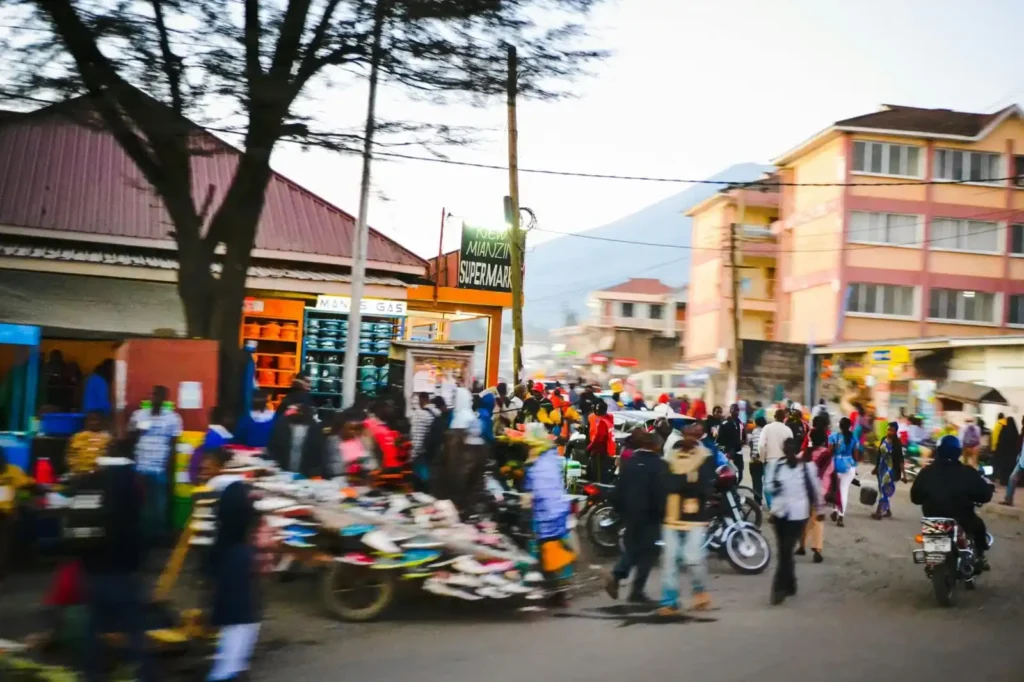Rachel Moré-Oshodi: The Woman Behind Africa’s $7 Billion Infrastructure Revolution
Share

Growing up between the structured suburbs of Europe and the strained cities of Nigeria, Rachel Moré-Oshodi developed a dual awareness of the world, one of abundance and one of absence.
“In Europe, water ran freely, lights stayed on, schools were well-funded,” she recalled in a recent interview with Business Insider Africa. “In Nigeria, the reality was different. I couldn’t unsee it. It created a kind of guilt in me.”
That early discomfort would become a lifelong compass. Today, Rachel Moré-Oshodi stands at the helm of ARM-Harith Infrastructure Investments, a firm she now leads as CEO, where she’s overseen over $7 billion worth of projects spanning energy, transportation, and digital infrastructure.
Before returning to Nigeria in 2012, Rachel Moré-Oshodi built her expertise on the global stage, with key roles at institutions such as the Inter-American Development Bank (IDB) and the International Finance Corporation (IFC). At the IDB headquarters in Washington, D.C., a pivotal realization took hold.
“I saw how intentional, well-structured capital could change outcomes,” she said. “That exposure made it clear to me—Africa deserves no less.”
One of her most complex and defining undertakings was the Azura-Edo Independent Power Project, a 450-megawatt facility and Nigeria’s first privately financed power plant post-sector reform.
The project, which took eight years to complete, brought together a mosaic of partners: Nigerian regulators, local pension funds, and financiers from across Europe, including the UK, Sweden, France, and Germany.

“We had to align all of that to get the deal across the line,” she said.
Yet, Moré-Oshodi’s impact goes beyond megawatts and megaprojects. She’s also innovating how African pension funds engage with infrastructure—a sector they’ve historically viewed as too risky and too long-term.
By developing new financial models that offer returns even during the construction phase, she’s helping unlock billions in domestic capital for critical development.
“It’s about creating trust and offering a structure that makes sense locally,” she explained.
As one of the few women leading in Africa’s heavily male-dominated infrastructure and energy sectors, Moré-Oshodi is keenly aware of the gaps—both systemic and social.
“Cement. Steel. Finance. These are industries where women are more often absent than represented,” she noted. “The question isn’t whether African women deserve to be at the table. The question is why we’re still asking that.”
Her leadership and impact have earned recognition from Forbes Africa, GQ South Africa, and Fast Company, but for Moré-Oshodi, the ultimate reward is not in awards—it’s in changed outcomes.
“Infrastructure shapes everything,” she said. “Who better to help shape it than the people most impacted by its failures?”


















